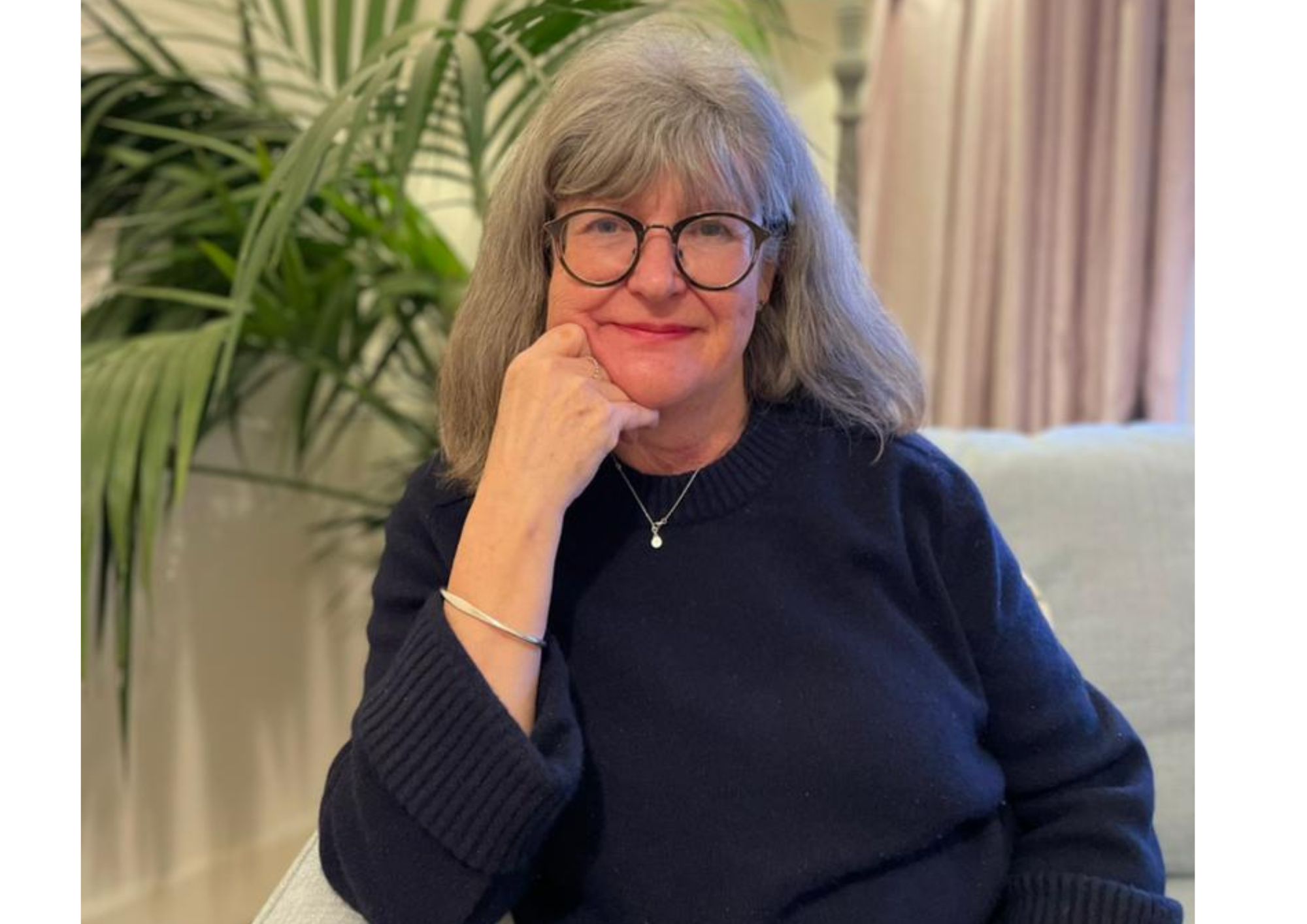Sue Glover: You can't generalise about counselling
The most common piece of advice I give people having relationship problems is: “Try to understand what it’s like to be the other.”
Friday, 10th March 2023 — By Sue Glover

Sue Glover
I trained as a counsellor because I had experienced relationship problems. It had become very clear to me that it’s one of the worst things you can go through because it can affect every area of your life, and create a great sense of loneliness.
I would say to people who are thinking about having counselling: it’s not as terrifying as you think.
As a counsellor, I try to be warm and welcoming, and naming their emotions. By actually saying: “Gosh, this is a very weird thing to be doing. You’re talking about the most intimate things with a complete stranger,” rather than just expecting them to know what to do and how to be.
Probably, the most common piece of advice I give people having relationship problems is: “Try to understand what it’s like to be the other.”
Anybody can come to therapy. I have worked with student clients – a couple who were 19, and a couple in their late 70s.
And as with age range, income range also varies. Neither of those couples had a lot of spare money. So I suppose that’s another surprise of counselling, in terms of who does come and who values it?
You can’t generalise about that. A stereotypical situation in therapy is where the woman brings the man for couple counselling, but if you don’t want to come, and you do it for the other, it often doesn’t work – although it’s often easier for a couple to come to therapy and discover the relationship can’t work rather than trying to sort it out by themselves.
Attachment style has caught the imagination of the public but there’s always a danger that you find this new theory, and you kind of apply it to everybody.
It’s a useful theory to bear in mind, along with others. A few years ago when autism was sort of being “discovered”, lots of women would bring their husband and tell me he was autistic. He wasn’t.
Another one is narcissism. A lot of people are calling each other narcissists. It’s the desire for a label. And then it seems simple and straightforward. Oh, he’s got attachment issues. And OK, that explains it then, doesn’t it?
But in truth it’s far more complex than that: it’s too easy to slap a label on somebody, and then in a sense, it’s quite dismissive.
Then that closes down a lot of other exploration of potential issues. There are times my job makes me sad: dealing with someone’s deeply raw emotion can be upsetting to be party to, but it is gratifying work.
I enjoy helping people to resolve relationship issues for themselves. Helping people to rebuild trust is a crucial goal and very rewarding if they manage that. The key to doing it well is listening and being kind.
Whether I listen as well in my private life, I would say yes, and my partner would say no!
Sue Glover trained at London Marriage Guidance in 1999 as a psychodynamic counsellor, looking at how childhood and past experiences can affect how people behave and relate to others. She moved to Islington in 1980 and worked for Islington Council as a community development officer before co-running Islington Community Housing group, housing over 1,000 people. Her practice is based in Tufnell Park.